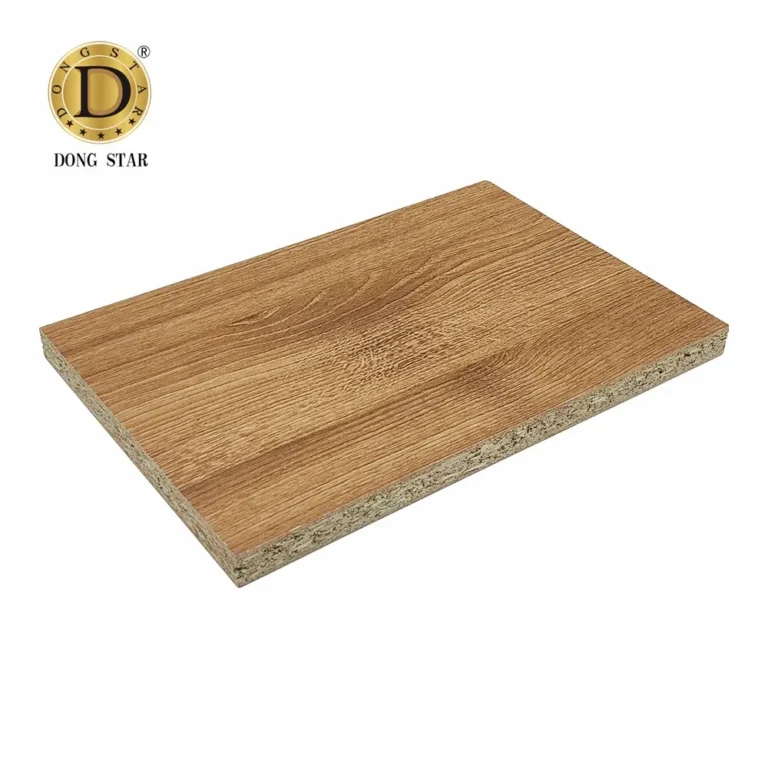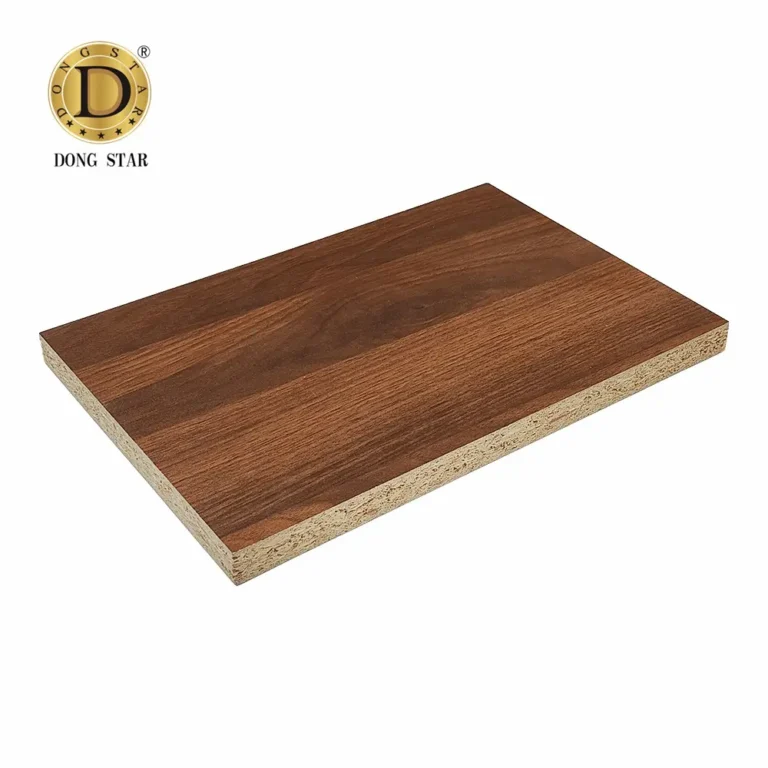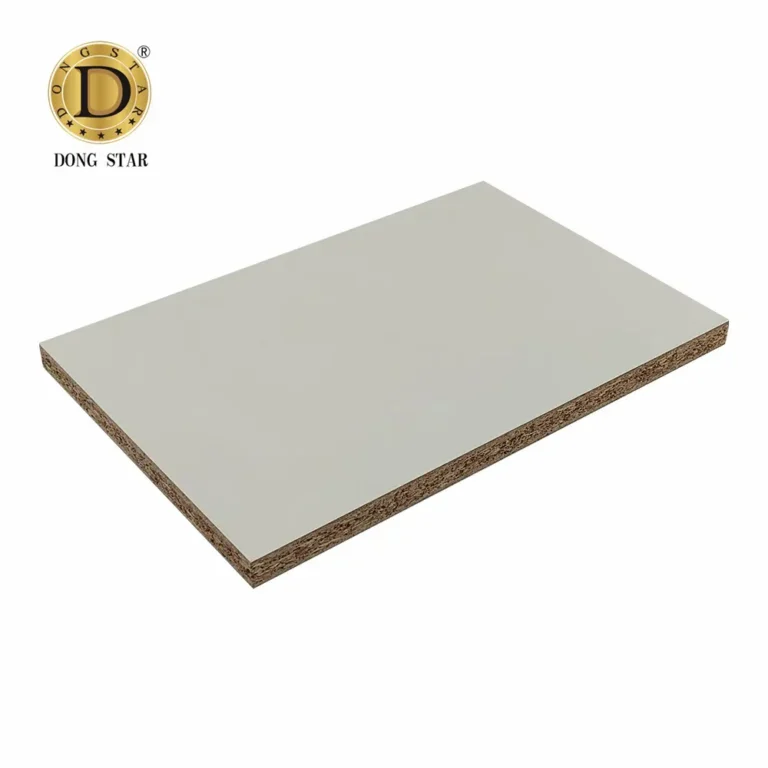Brief explanation of particle board as a versatile and cost-effective material.Importance of proper maintenance and care to extend its lifespan.
Basic Maintenance Tips
Cleaning particle board:
Use a soft, damp cloth and mild detergent.
Avoid abrasive cleaners or excess water.
Handling:
Avoid dragging or dropping heavy objects on the surface to prevent chipping.
Use coasters or mats to protect against heat and spills.

Preventing Damage
Moisture Protection particle board:
Apply edge banding or sealant to exposed edges.
Avoid placing in high-humidity areas like bathrooms unless sealed.
Wipe up spills immediately.
Sunlight Protection:
Limit direct exposure to sunlight to prevent warping or fading.
Use curtains or blinds in sunny areas.
Avoid Overloading:
Ensure shelves or surfaces aren’t overloaded to prevent sagging or breaking.

Repair and Restoration
Repairing Chips or Dents:
Use wood filler or putty for small damages, then sand and refinish.
Apply matching laminate or veneer for deeper damage.
Fixing Loose Joints or Screws:
Reinforce loose joints with wood glue.
Use screw anchors or wood inserts if screws become loose.
Refinishing:
Sand lightly and apply a fresh coat of paint or laminate for a refreshed look.

Long-Term Care
Regular Inspection:
Check for signs of moisture damage, warping, or loose components.
Address issues early to prevent further deterioration.
Protective Measures:
Consider applying a protective laminate or polyurethane coating.
Use furniture pads to reduce wear on particle board floors or furniture.


